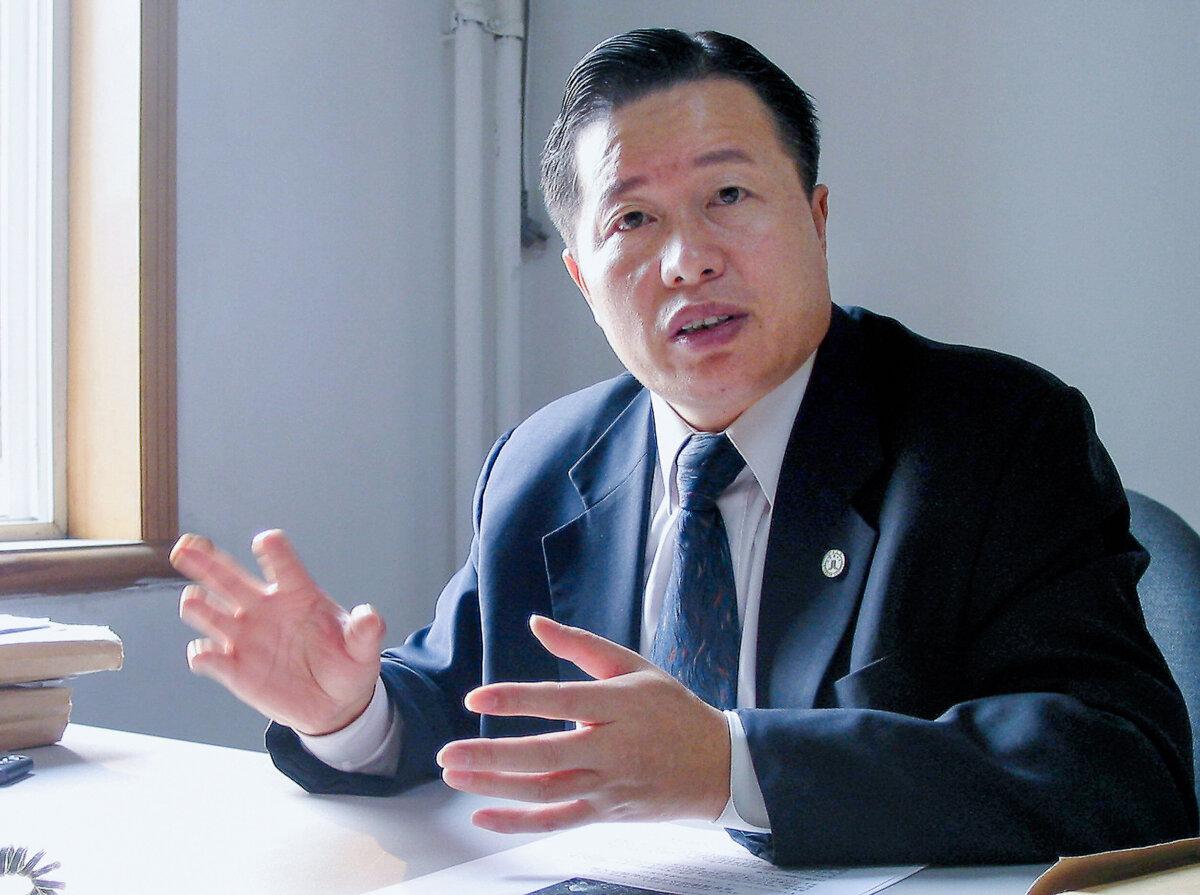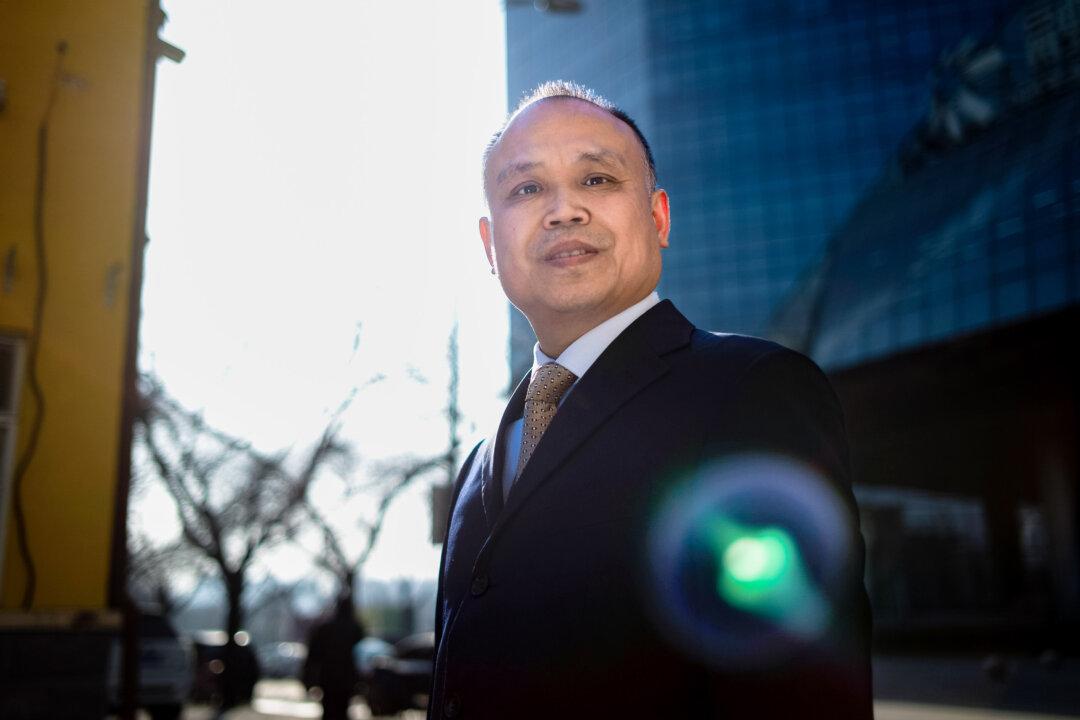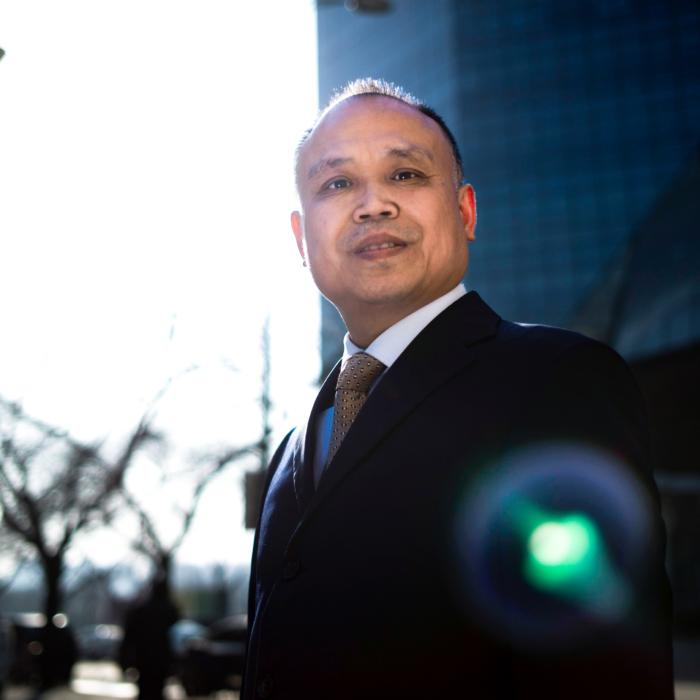The European Union urged the Chinese regime to stop its human rights violations in China during a dialogue in Brussels on June 13, according to the bloc’s diplomatic arm.
This includes the suppression of religious, ethnic, and linguistic minorities in China by the regime. The EU has urged the Chinese regime to end its practices such as arbitrary detention, forced disappearance, torture, and ill-treatment, the statement said.
In addition to rights violations at home, the EU has called attention to the regime’s repression beyond its borders, accusing Beijing of increasingly resorting to transnational repression to pressure and control Chinese nationals abroad, according to the statement.
The EU delegation brought up several individual cases with their Chinese counterparts, seeking the immediate release of those detained “solely for the peaceful exercise of their human rights,” the statement said.

The CCP did not show signs that it would acknowledge the concerns raised by Brussels.
According to the summary of the meeting published on the foreign ministry’s website, Chinese officials told their European counterparts that affairs related to Xinjiang, Tibet, and Hong Kong, as well as several specific judicial cases, are “purely Chinese internal affairs that allow for no outside interference.”
The regime urged Brussels to “respect its path for human rights development” and stop what it called “politicizing human rights issues and applying double standards,” the statement said.
This year’s Human Rights Dialogue in Brussels marked the 40th such exchange between EU and Chinese officials, following a field visit to South Tyrol in Italy on June 11.
Rights groups have repeatedly urged the EU to take more impactful measures instead of engaging with the CCP at a low level, citing the limited impact of past dialogues.
By relegating human rights to “a lower-level and private dialogue,” the EU and its 27 member states risk “complicity in Beijing’s attempts to marginalize and delegitimize human rights,” the group said.
“[T]he EU should be incorporating human rights across all areas of engagement with China, particularly at high-level meetings, to break the artificial silos created by separately addressing unfair trade practices, security concerns, foreign interference, and economic security and sovereignty.”






